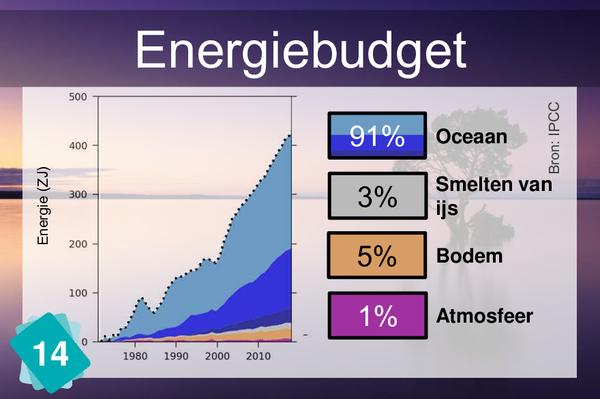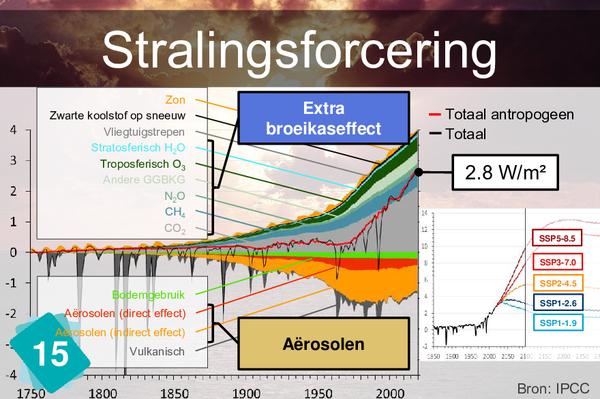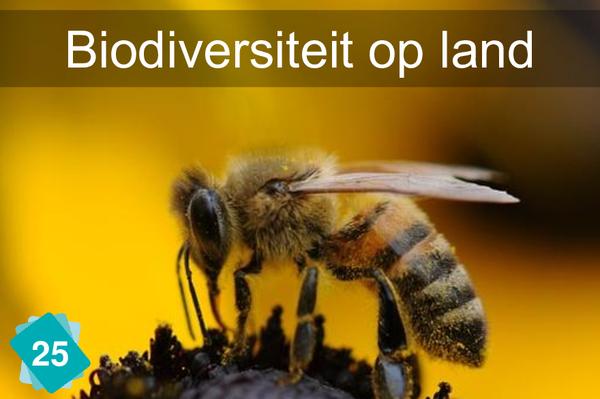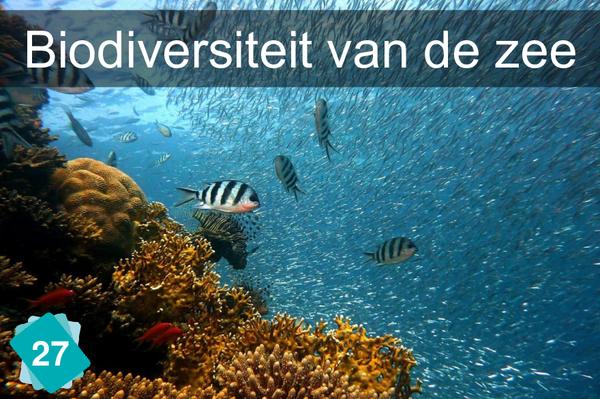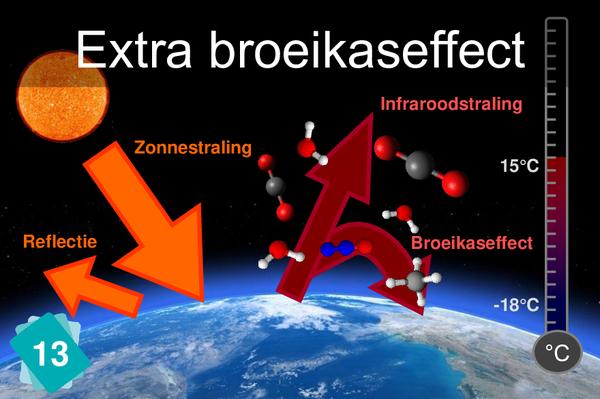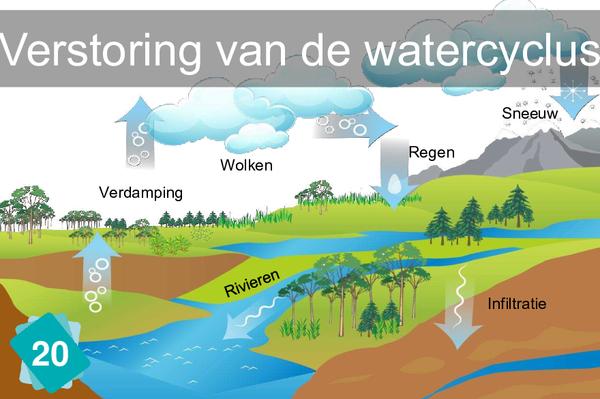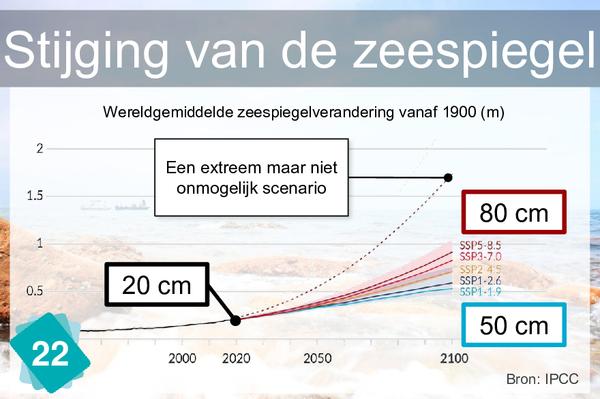18 - Smeltend zee-ijs
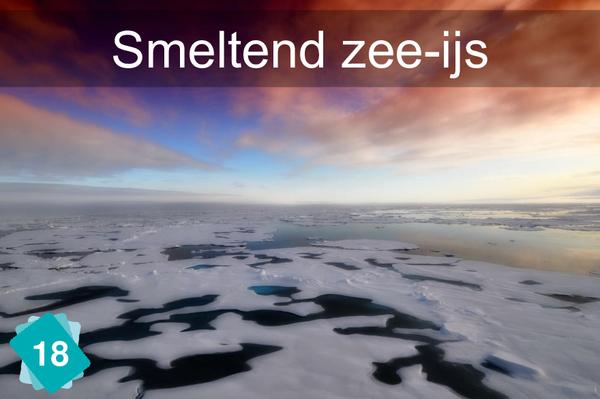
✏️ This explanation does not yet exist in your language. Please fill this Google Form if you want to help us!
Het volume dat het ijs onder het oppervlak van het water inneemt, is precies hetzelfde als dat van het ijs nadat het is gesmolten. Dit is het principe van de stuwkracht van Archimedes. Zee-ijs ontstaat als het zeewater gedurende langere tijd een temperatuur onder de -1,8°C heeft. Het zee-ijs is zout als het zich vormt, maar wordt na verloop van tijd minder zout. Zee-ijs onderscheidt zich van de ijskappen doordat het drijvend is. IJsbergen zijn ook drijvend ijs, maar komen van oprukkende ijskappen en zijn dus van zoet water. De uitgestrekte zee-ijsgebieden bevinden zich voornamelijk in het Noordpoolgebied en aan de rand van het Antarctische continent. Eenjarig zee-ijs wordt onderscheiden van meerjarig zee-ijs. Eenjarig zee-ijs vormt zich in de winter en ontdooit in de zomer. Als we het hebben over smeltend zee-ijs, bedoelen we meerjarig zee-ijs.
1Cause
3Other possible consequences
When the ice pack melts, a white surface is replaced by a dark blue surface, which has a lower albedo and therefore absorbs more energy. This relationship is not essential but it does allow another feedback loop of the game to be put forward.
The poor polar bear is a powerful symbol of the climat. If players make this connection, suggest they draw a bear!
3Wrong consequences
This link would mark confusion with the amplifying effect due to albedo. The white sea ice melts to reveal a darker surface underneath and the extra energy absorbed warms the Earth. This mechanism is called albedo and has nothing to do with the greenhouse effect. It belongs to the orange arrows on card 13, not to the red arrows.
The melting of the Arctic ice pack, but also the melting of Greenland's glaciers may lead, in the distant future, to a disruption of the thermohaline circulation (which gives rise to the Gulf Stream). But beware, the "Water Cycle" card does not refer at all to the thermohaline circulation.




